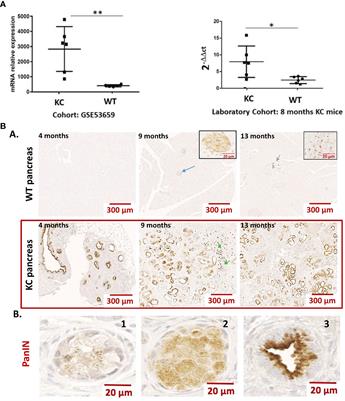EDITORIAL
Published on 24 Jun 2024
Editorial: The role of galectins in the immune microenvironment in human cancers and potential therapeutic approaches
doi 10.3389/fimmu.2024.1448407
- 396 views
7,207
Total downloads
41k
Total views and downloads
Select the journal/section where you want your idea to be submitted:
EDITORIAL
Published on 24 Jun 2024
ORIGINAL RESEARCH
Published on 17 Jun 2024

ORIGINAL RESEARCH
Published on 06 Mar 2024

ORIGINAL RESEARCH
Published on 30 Nov 2023

REVIEW
Published on 08 Nov 2023
REVIEW
Published on 11 Sep 2023

BRIEF RESEARCH REPORT
Published on 28 Aug 2023

REVIEW
Published on 03 Feb 2023

REVIEW
Published on 10 Jan 2023


Frontiers in Oncology